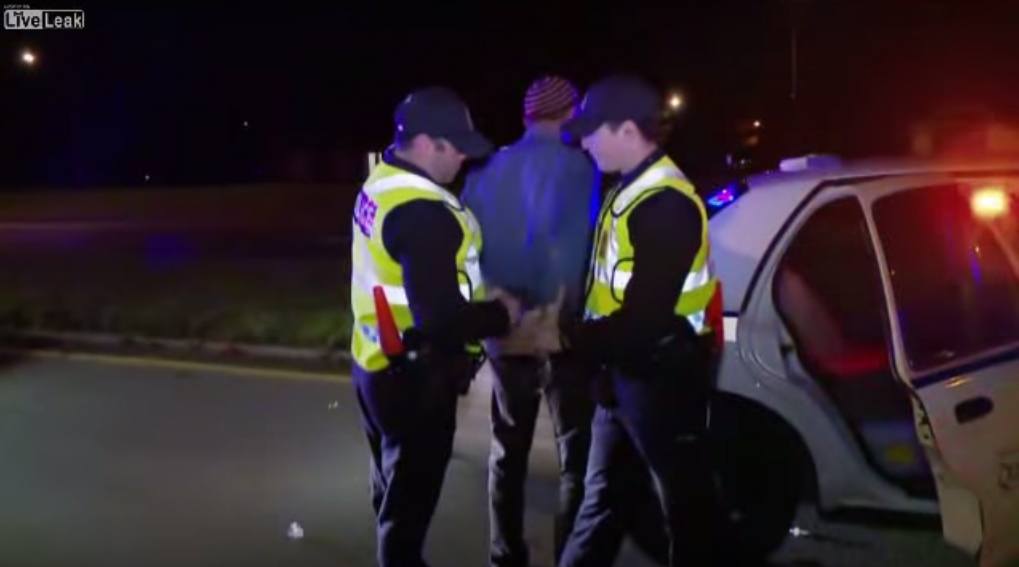Driving a vehicle while drunk is not only illegal but also dangerous. This is because the driver poses a serious threat to themselves, their family, passengers and other road users. When law enforcement officers suspect that a driver is driving while drunk, they can pull them over, administer a simple test, place them under arrest and charge them with either DUI, DWI, OWI, underage drinking or aggravated drunk driving depending on the circumstances surrounding the offense. Most people do not know the difference between these DUI charges. Below is a summary of these charges.

DWI (Driving While Intoxicated)
Many states use DWI and DUI interchangeably to refer to the offense of driving a vehicle while you are drunk. However, there are some states where DWI and DUI are clearly defined, and have different meanings. In these jurisdictions, DWI usually refers to the offense of driving while under the influence of alcohol.
DUI (Driving Under the Influence)
In jurisdictions where a DWI arrest is different from a DUI arrest, DUI is defined as operating a moving vehicle on public roads while under the influence of alcohol or drugs. In these jurisdictions, DUI charges come with stiffer penalties, especially if the driver used marijuana, cocaine, heroin, methamphetamine or any other drug.
OWI (Operating While Intoxicated)
This is an acronym used to refer to drunk driving offenses in some states, including; Maine, Massachusetts and Rhode Island. The word “operating” has a broad definition and does not just refer to the act of driving a vehicle. Someone can be arrested and charged with OWI for sitting in a vehicle, that is not even running, while drunk.
Aggravated Drunk Driving
DUI charges usually come with severe penalties including suspension of driving license, huge fines, some jail time and the addition of points to your driving record. However, some cases may warrant enhanced penalties. You could be charged with aggravated drunk driving if your blood alcohol content was two or three times the legal limit. You are legally drunk if you record a BAC of 0.08% or higher. If you record a BAC of 0.16% or higher, you can be charged with aggravated DUI, which comes with enhanced penalties.
If at the time of the DWI arrest you had a minor inside the vehicle, you can also be charged with aggravated drunk driving. Excessive speeding, such as driving at 30 mph over the mandatory speed limit, can also lead to an enhanced DUI charge. Having multiple DUI convictions or driving with a suspended or revoked license can also lead to an aggravated DUI charge after a DWI arrest.
Underage Drinking
Underage drinking is frowned upon in most parts of the country. Since 10% of drivers in the country are underage, there’s bound to be some underage DUI cases. In fact, underage drivers account for 17% of all alcohol-related fatal road crashes. When an underage driver is arrested and charged with DUI, they can also be charged with the offense of underage drinking.
If you are in the unfortunate circumstance of searching for a drunk driving lawyer near me, visit our home page for a list of qualified attorneys.
